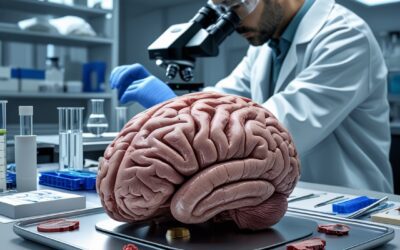When a loved one passes away unexpectedly, families face hard questions. What caused the memory loss? Could a stroke have gone undetected? Did a...
Lung Exam Timeline: Consent to Final Report
The phone call came late at night. A family learned their loved one had passed away. He worked in construction for many years. Questions filled...
Private Autopsy vs Hospital Autopsy: Key Differences
A mother sits at her kitchen table. She reads the hospital autopsy report. The words make no sense. Something feels wrong. The report does not...
Lung Autopsy for Mesothelioma Cases Explained
A loved one passed away after being exposed to asbestos. Now families face a hard choice. The difference between lung-only and full autopsy can...
Postmortem Mesothelioma Diagnosis Process Explained
Her father worked in shipyards for thirty years. He encountered asbestos every single day. No one warned him about the dangers. When he died at...
How Brain-Only Autopsies Help Uncover the Effects of Trauma and Injury
Understanding the Role of Brain-Only Autopsies in Trauma Detection Traumatic brain injuries often remain hidden beneath the surface. Symptoms may...
How Lung-Only Autopsies Help Families Find Answers After Occupational Illnesses
Understanding the Link Between Workplaces and Respiratory Deaths Occupational lung diseases develop silently, often taking decades before symptoms...
How a Private Autopsy Can Provide Peace of Mind
Understanding the Purpose of a Private Autopsy A private autopsy is a postmortem examination requested by the family rather than by a hospital,...
Private vs. Hospital Autopsy: What’s the Difference?
Understanding the Options When Seeking the Truth When a loved one passes away under unclear circumstances, families are often left with difficult...
What Is a Brain-Only Autopsy and When Is It Needed?
A brain-only autopsy is a specialized postmortem examination focused solely on the brain. Unlike a full autopsy, which examines the entire body, a...












